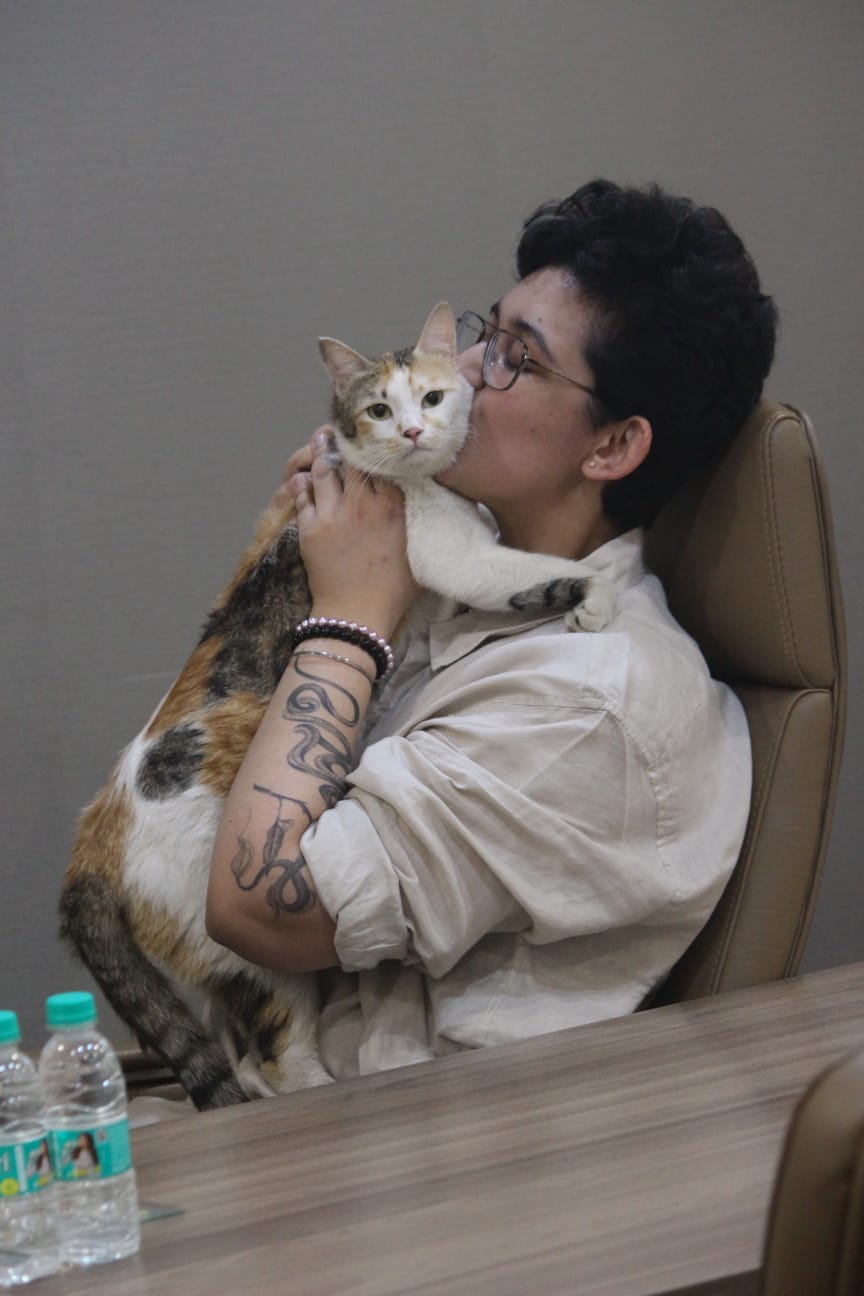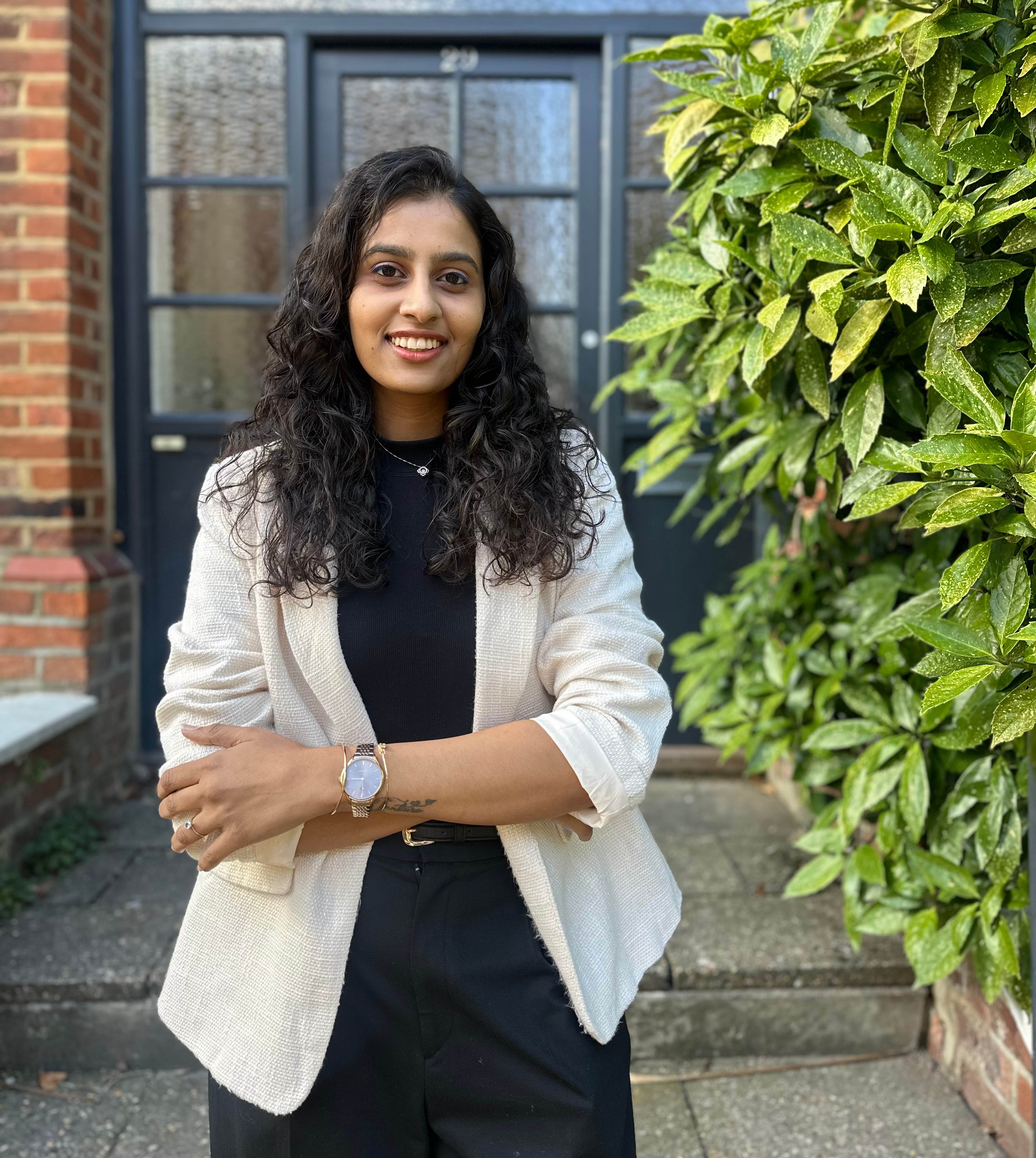Mindfulness for the Mind That Won’t Slow Down


Mindfulness for the Mind That Won’t Slow Down
Have you ever confessed to someone that you’re experiencing a lot of thoughts lately, only for them to respond with,
“So, just stop thinking!”?
Well, you’re not the only one.
Thinking, for most people, is considered a voluntary act: something we’re choosing to do, like scrolling Instagram or picking what to eat for dinner. It’s often seen as a habit or worse, a personality trait. But if you’ve ever found yourself stuck in loops of worry, regret, planning, or shame, you’ll know this isn’t quite true.
The mind thinks. Just like the heart beats or the lungs breathe. You don’t necessarily “choose” to think; it just happens. Especially when we are overwhelmed, hurt, or afraid, our minds race. It’s trying to keep us safe, trying to predict what’s next, trying to protect us from pain. It’s exhausting, and often, it’s not even helpful. But that doesn’t mean it's something we can or should try to forcibly stop.
The Paradox of “Stopping” Thoughts
In trauma therapy, one of the first things we learn is that healing doesn’t happen by force. You can’t force a wound to close. You tend to it gently, again and again. So when a client comes in distressed about their constant thoughts, we don’t ask them to stop thinking. In fact, that would be counterproductive. When we try to suppress or resist our thoughts, they often grow louder, more persistent. Like little kids tugging at your sleeve for attention, these thoughts come from somewhere inside you, which is a part of you that is hurting, scared, or confused. Imagine pushing away a child who is crying out for comfort. Would that help? Or would it lead to more chaos, more panic, more pain? Often, what these inner parts need is to be seen, heard, and understood. Not silenced. This is where mindfulness steps in, not as a buzzword or trend, but as a real, grounded practice of noticing what’s happening inside us without trying to change it right away.
Naming, Noticing, and Nurturing
When a wave of thoughts hits, try this instead: slow down and name what’s happening. You might say something like, “I’m noticing I’m having thoughts about my past relationship. It’s bringing up anxiety and sadness.”
This simple act of naming creates space. It gives your experience form and shape, instead of letting it consume you. From here, you can get curious. You might ask, “What part of me is feeling anxious right now?” or “What is this thought trying to protect me from?”
This is the beginning of emotional regulation, learning to stay present with what’s happening inside, without getting swept away by it.
But sometimes, naming alone isn’t enough. Certain thoughts are so charged, so linked to past distress, that they actually pull us out of the present moment and into a past memory or a feared future. When this happens, our nervous system may go into survival mode: fight, flight, freeze, or fawn.
And in these moments, we need something more physical, more grounding.
Anchoring in the Present Moment
When you feel yourself spinning into distressing thoughts, ask yourself: Where is my body right now?
One of the core goals in trauma-informed work is to support the nervous system in coming back to safety. Because healing doesn't just happen through insight. It happens through embodiment and through feeling safe in your own skin again. So here’s a practice:
Reach for something tangible, maybe a cup of warm chai or cool water, a soft blanket, your favourite scent, or a grounding playlist. Let your senses anchor you. Look around and name five things you can see. Notice the weight of your body against the chair. Place your hand over your heart. Breathe.
These small, seemingly simple actions signal to the body: It’s okay. You’re not back there. You’re here now. Sometimes, this is all it takes to shift the intensity and to remind your mind and body that this moment is different.
It’s Not Easy And You Don’t Have to Do It Alone
This is not to say that mindfulness is easy or that it will always “work” instantly. Mindfulness is not a quick fix. It’s a practice. Like tending to a garden which needs consistent, patient, imperfect effort. Some days you’ll forget. Some days it won’t help. And that’s okay. You’re not doing it wrong.
In fact, if it feels hard, it probably means you’re doing it right. You're leaning into the places that most need your attention.
And if this journey feels like too much to hold alone, know that you don’t have to. Trauma-informed therapists are trained to walk with you through these difficulties with compassion, slowness, and care. Therapy can be a space where you not only explore your thoughts but also learn to relate to them differently with kindness, curiosity, and safety.
A Gentle Reminder:
You are not your thoughts.
You are not your past.
You are not broken for feeling overwhelmed.
You are a human being with a beautiful, complex mind that’s just trying to keep you safe.
Be gentle with yourself. Be here now.
About Aanya Wadhwani (they/them)

Aanya Wadhwani (they/them)
Aanya Wadhwani (they/them) is a trauma-informed, queer-affirmative therapist with extensive experience of working with queer-trans folx and women. They especially support those who've undergone systemic and gender-based violence, traumatic instances from a young age, and relationship complexities. They combine concepts from neuroscience with socio-political realities in the therapy room, helping clients feel sincerely understood and held.
About Deshna Gundecha (she/her)

Deshna Gundecha (she/her)
Deshna Gundecha (she/her) is a trauma-informed and queer-affirmative therapist who works with young adults and adults navigating emotional overwhelm, life transitions, identity, and relational patterns. Her approach is relational and insight-oriented, gently helping clients understand how early life experiences and personal histories may shape the way they show up in the present. She has been engaging in spiritual practices and meditation for the past four years, and she’s seen firsthand how mindfulness can deepen self-awareness and slowly shift the way we relate to our inner world. She hopes more people begin to experience the power of mindfulness and learn to meet themselves with more kindness.
